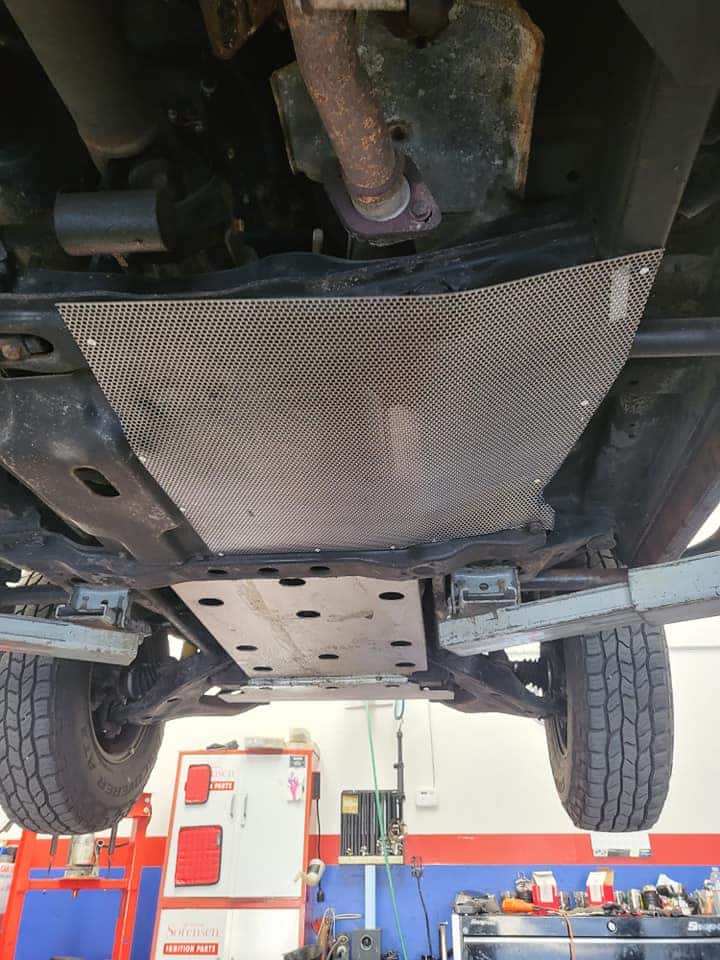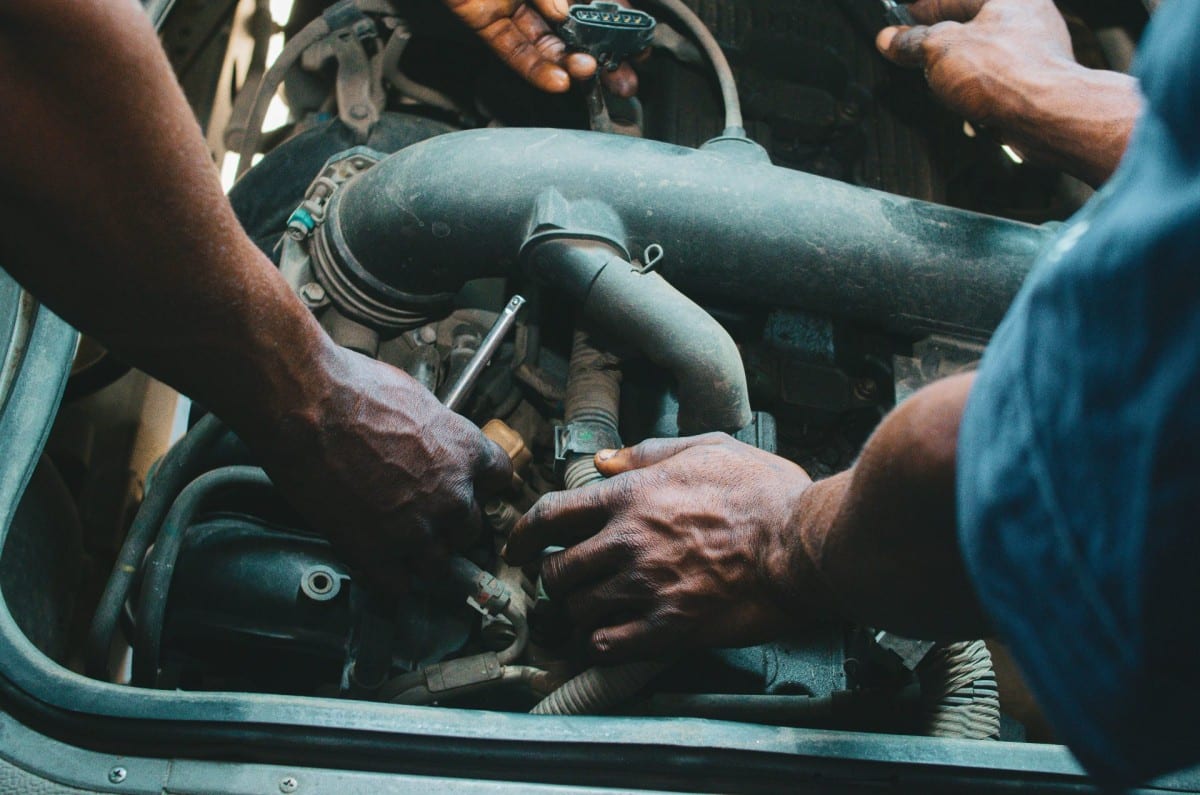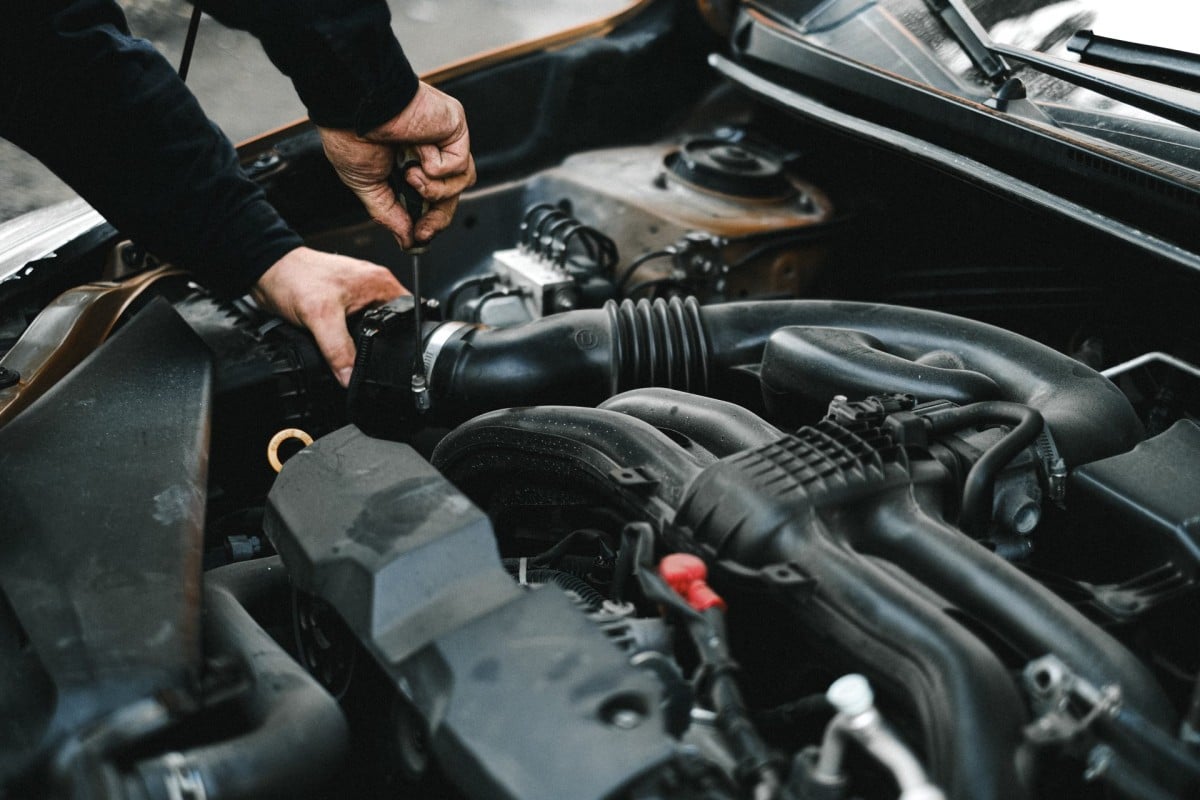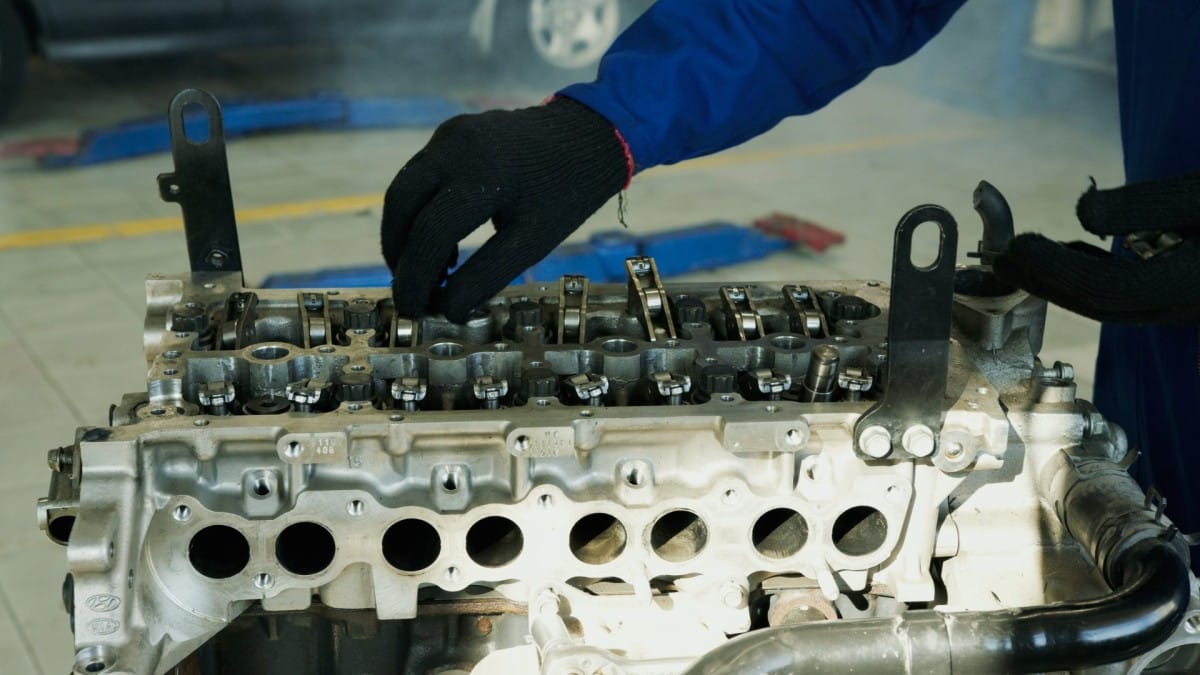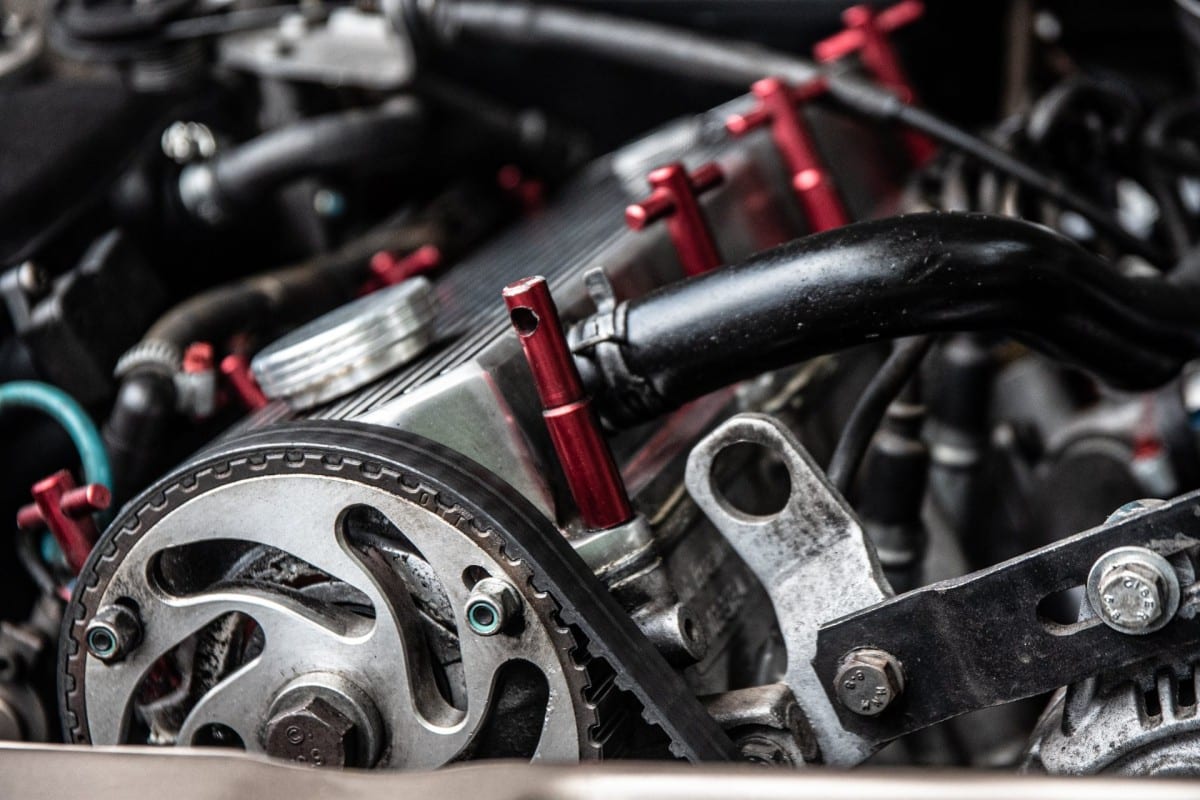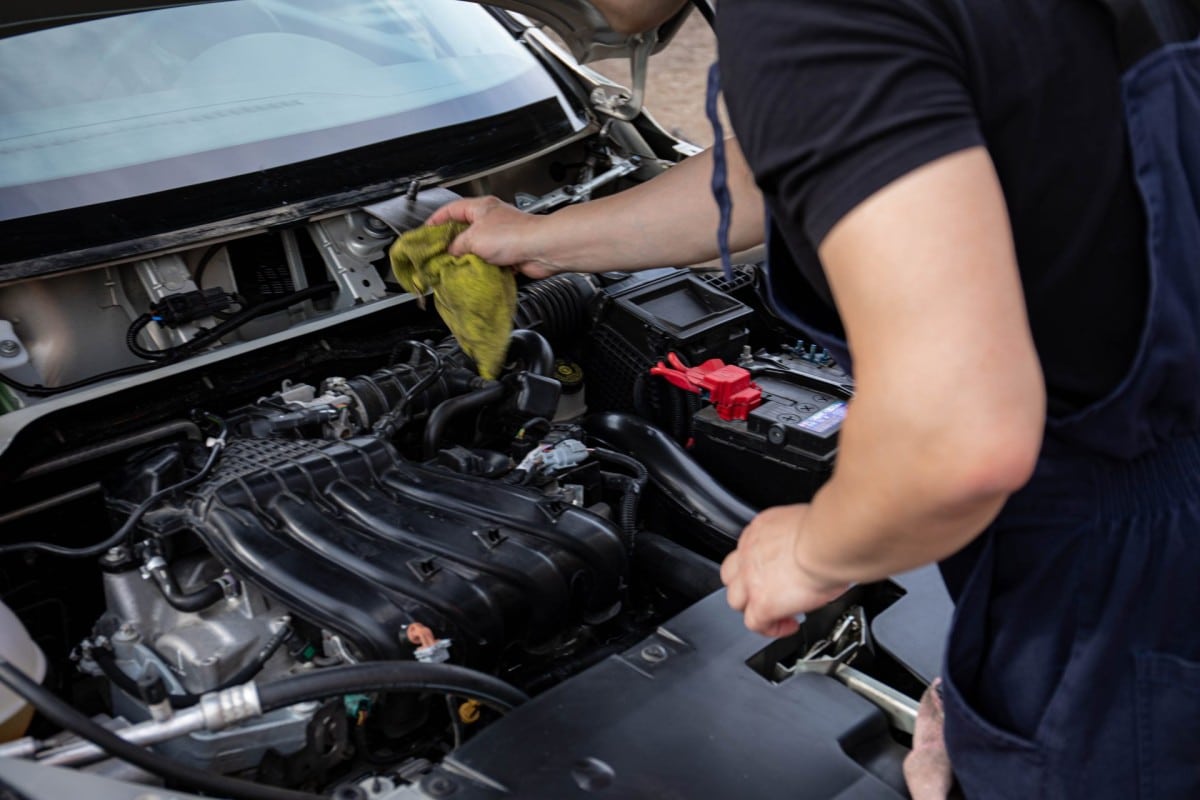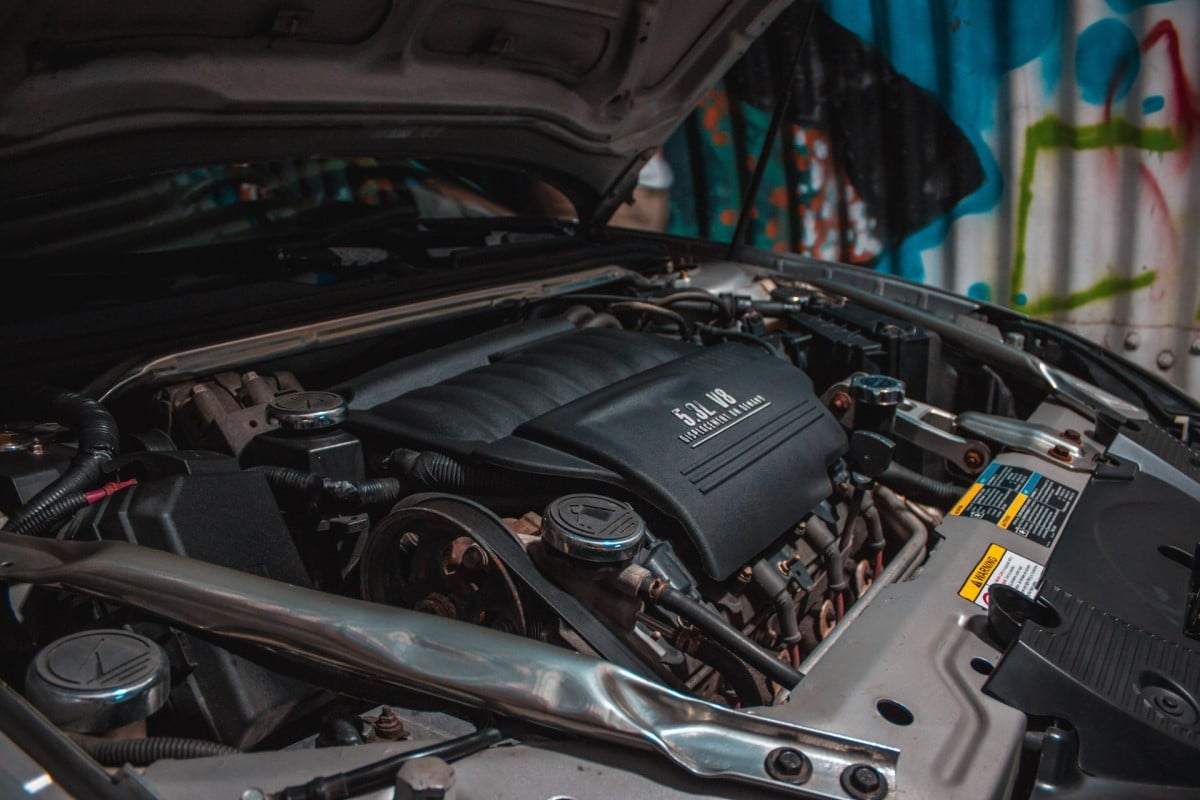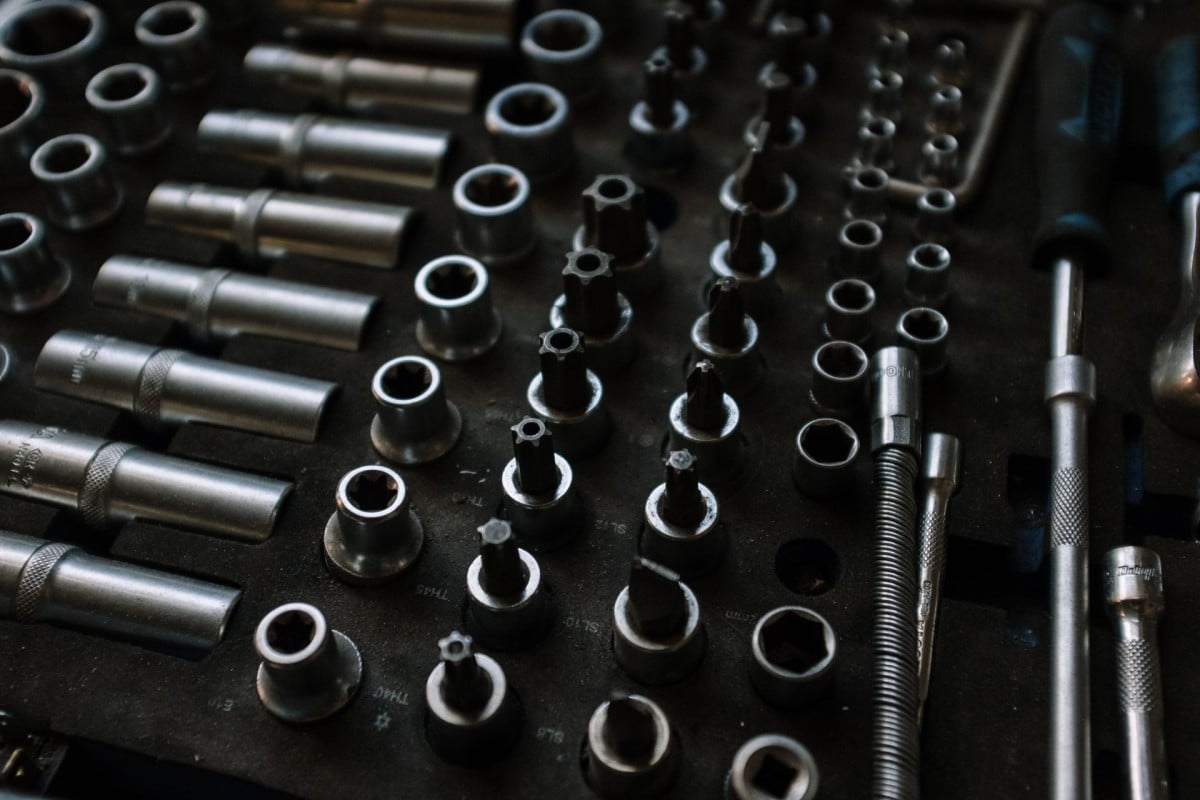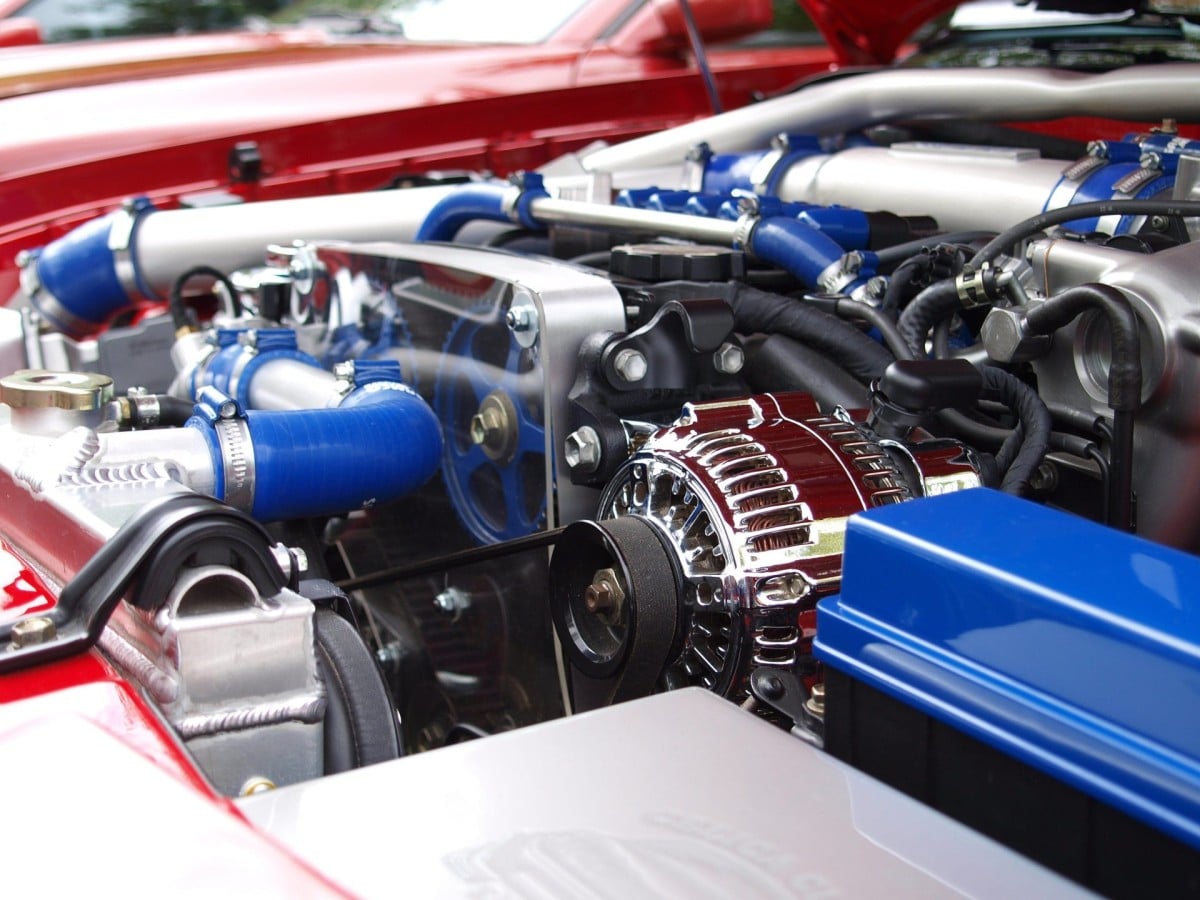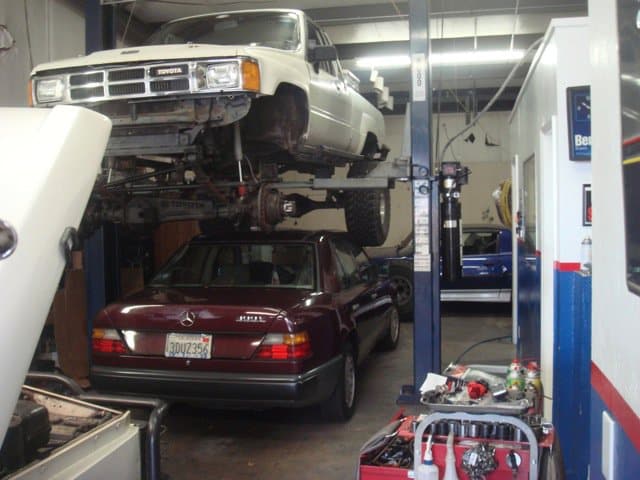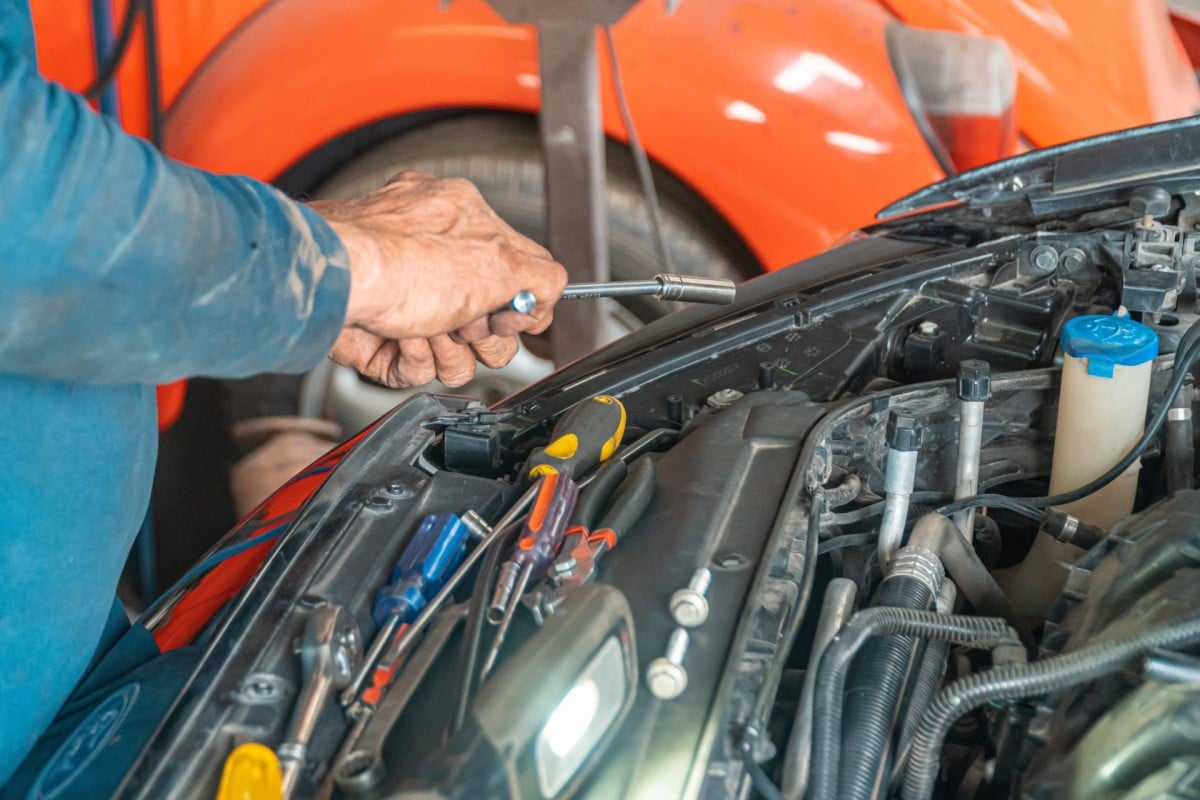It's a common dilemma for many car owners: when your trusty old vehicle hits the 200,000-mile mark, you start wondering whether it's still worth investing in repairs or if it's time to bid farewell and consider a new ride. While there's no one-size-fits-all answer to this question, several factors can help you make an informed decision.
1. Evaluate the Overall Condition
The first step in determining whether it's worth fixing a car with 200,000 miles is to assess its overall condition. Take a close look at the engine, transmission, suspension, and other critical components. Are there signs of major wear and tear, or is it still running relatively smoothly? A thorough inspection by a trusted mechanic can provide valuable insights.
2. Consider Repair Costs
Compare the estimated repair costs to the current value of your car. If the cost of repairs exceeds the car's value, it might not be financially prudent to invest in extensive fixes. However, if the repairs are relatively minor and the car has sentimental value or unique features that are hard to replace, you might opt to keep it on the road.
3. Maintenance History
Review your car's maintenance history. If you've diligently followed the manufacturer's recommended maintenance schedule, your high-mileage vehicle may still have some life left in it. Regular maintenance can significantly extend the lifespan of a car and reduce the likelihood of major breakdowns.
4. Future Repairs
Consider the potential for future repairs. If your car has already had several major issues and more seem likely to arise, it may be time to think about a replacement. Continuously pouring money into a vehicle that's nearing the end of its useful life may not be the most cost-effective choice.
5. Fuel Efficiency
Older cars, especially those with 200,000 miles or more, tend to be less fuel-efficient than newer models. If you're concerned about rising fuel costs and environmental impact, upgrading to a more fuel-efficient vehicle could make sense in the long run.
6. Safety Features
Newer cars come equipped with advanced safety features that may not be present in older vehicles. If safety is a top priority for you and your current car lacks modern safety technology, it may be worth considering an upgrade for the sake of your well-being and that of your passengers.
7. Reliability and Peace of Mind
Peace of mind matters when it comes to your daily commute. Older cars can become less reliable, leading to unexpected breakdowns and potentially leaving you stranded. If you value reliability and want a vehicle you can count on, a newer car might be a better choice.
8. Financial Situation
Consider your financial situation. Can you comfortably afford a new car, whether through financing or an outright purchase? Assess your budget and determine whether it aligns with your goals and priorities.
In conclusion, whether it's worth fixing a car with 200,000 miles depends on various factors, including its condition, repair costs, maintenance history, and your personal preferences. If your vehicle still has life left in it, and the repairs are cost-effective, keeping it on the road can be a sensible choice. However, if you're looking for improved safety, reliability, and fuel efficiency, or if the repair costs are prohibitive, it may be time to explore your options for a newer vehicle.
Ultimately, the decision should align with your needs, budget, and long-term goals. If you're uncertain about the best course of action, consulting with a knowledgeable mechanic or an automotive expert can provide valuable guidance to help you make an informed choice.


